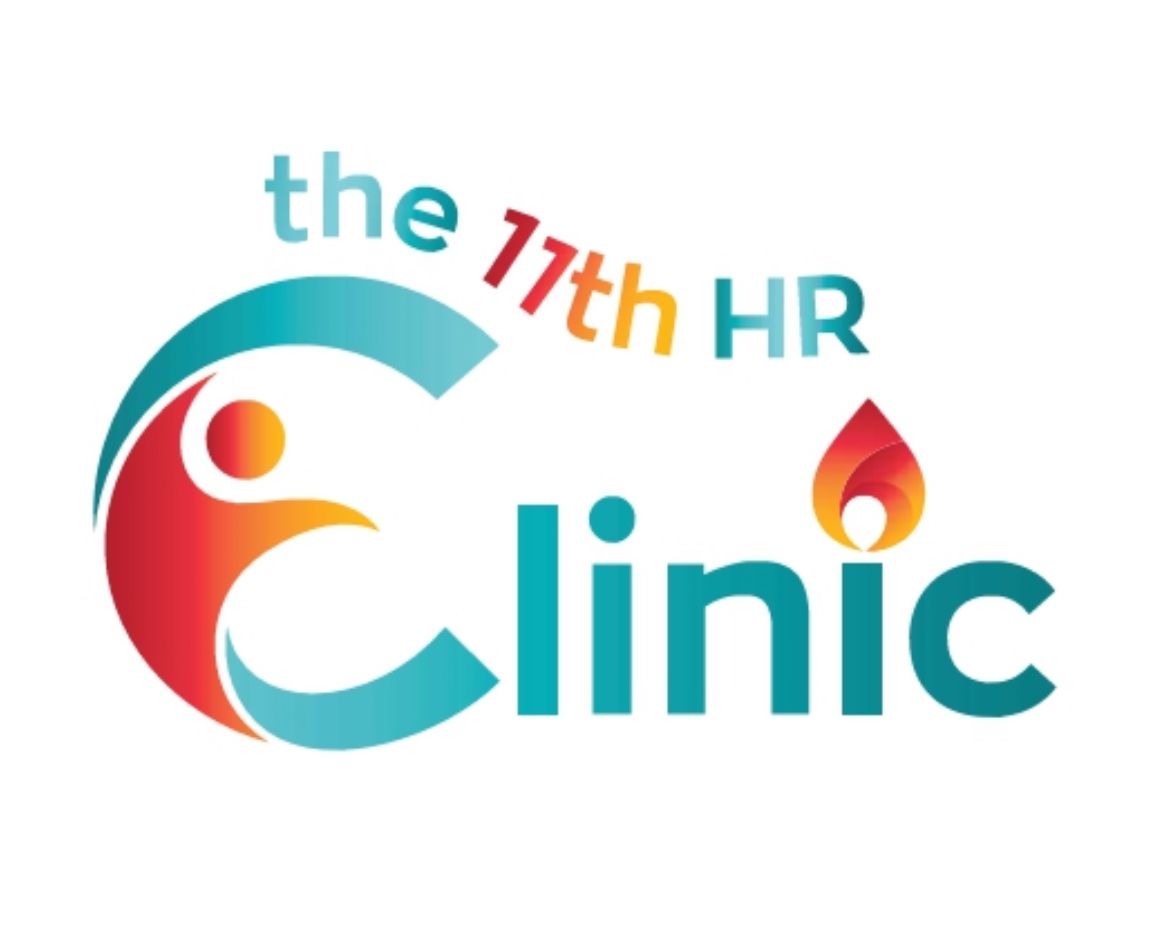Designed for Safety: How Human Factors Improves Your Care
Why the Way Healthcare Is Designed Matters for Your Health and Safety
Healthcare is a demanding and high-stakes environment where even minor system flaws can have major consequences. Human factors science offers clinicians and healthcare leaders a structured, evidence-based approach to reduce risk, improve performance, and deliver safer, more effective care.
What Are Human Factors and Why Do They Matter?
Human factors is the study of how people interact with tasks, environments, technology, and each other. In healthcare, this means designing clinical systems, tools, and workflows that account for the cognitive, physical, and emotional limitations of real people under real pressure. From communication breakdowns in surgical teams to cognitive overload in emergency departments, human factors can help identify and redesign the root causes of preventable harm. It shifts the question from “Who made the mistake?” to “What system conditions enabled the error?”
Evidence-Based Benefits in Clinical Settings
Research consistently shows that applying human factors principles leads to meaningful improvements in patient care and clinician wellbeing:
- Enhanced Safety
Redesigning handover protocols, alarms, charting systems, and layout flow reduces error rates and supports better clinical decisions (Carayon et al., 2014). - Improved Team Functioning
Simulation training grounded in human factors increases situational awareness, communication, and task coordination in multidisciplinary teams (Salas et al., 2008). - Clinician Wellbeing and Retention
Poorly designed systems increase workload and cognitive fatigue. Optimising workflow, reducing interruptions, and improving usability of EMRs reduces burnout and supports retention (Sinsky et al., 2016). - Efficient, Safer Care Delivery
Human factors interventions increase throughput and reduce rework, helping clinicians spend more time on patient care and less on fixing system failures (Gurses et al., 2012).
Relevance to Australian Healthcare Practice
Australian institutions are increasingly incorporating human factors into health system redesign, recognising their value in areas such as digital health integration, high-acuity team training, and aged care safety. The principles apply across all care settings, acute, community, and primary, where human performance is a critical determinant of outcomes. Clinicians are also central to these efforts. By contributing to the design and evaluation of systems from electronic records to communication protocols you can help ensure that frontline perspectives shape better care environments.
How the 11th hour clinic Can Support
At the 11th hour clinic, we work with healthcare professionals and services to embed human factors principles into everyday practice. Through training, coaching, and system review, we support clinicians in creating environments where people can perform at their best, even under pressure. Whether you’re a nurse unit manager, GP, practice leader or hospital administrator, our human-centred approach helps reduce risk, enhance teamwork, and elevate the quality of care your patients receive.
References
Carayon, P., et al. (2014). Human factors systems approach to healthcare quality and patient safety. Applied Ergonomics, 45(1), 14–25.
Gurses, A. P., et al. (2012). Systematic review of the application of human factors and ergonomics in healthcare. Joint Commission Journal on Quality and Patient Safety, 38(4), 196–204.
Salas, E., et al. (2008). Teamwork in healthcare: Promoting effective team communication in the health care setting. BMJ Quality & Safety, 17(6), 398–400.
Sinsky, C., et al. (2016). Allocation of physician time in ambulatory practice: A time and motion study. Annals of Internal Medicine, 165(11), 753–760.
Catchpole, K. R., et al. (2008). Patient handovers within the hospital: Translating knowledge from motor racing to healthcare. Quality & Safety in Health Care, 17(4), 273–276.



